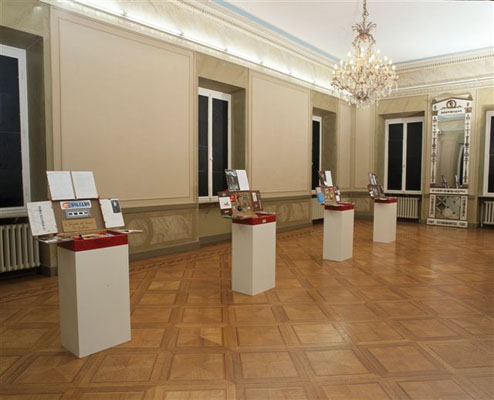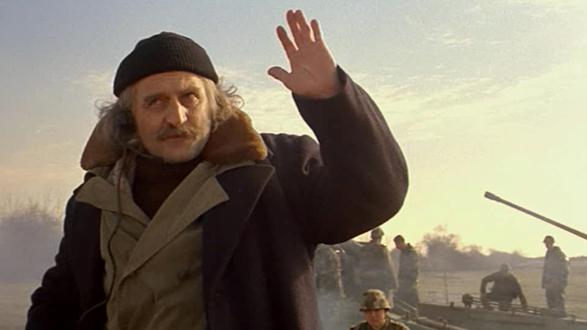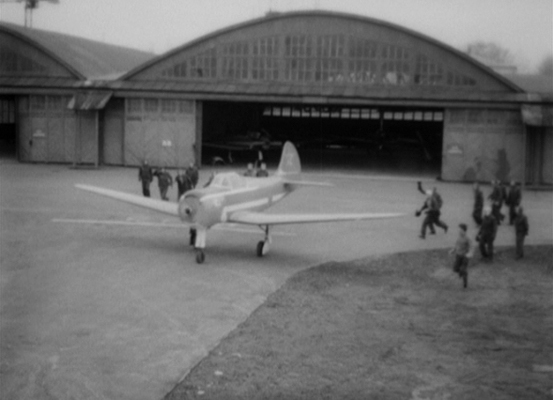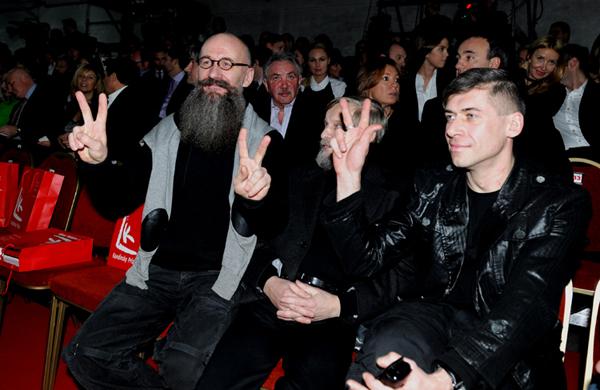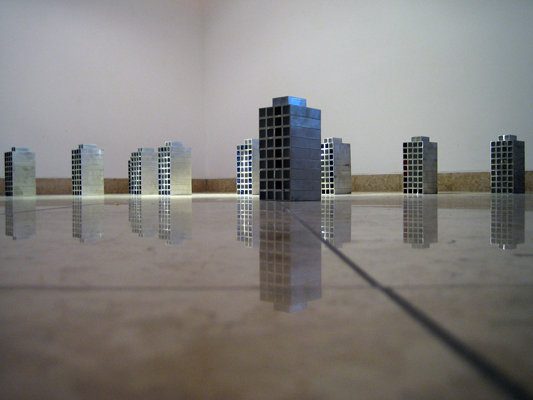Ivan Moudov, “Trick Or Treat”, Kunstverein Braunschweig, Braunschweig, December 6, 2008 – February 12, 2009 (Exhib. Review)
IVAN MOUDOV, TRICK OR TREAT, KUNSTVEREIN BRAUNSCHWEIG, BRAUNSCHWEIG. DECEMBER 6, 2008 – FEBRUARY 12, 2009
In the work of Bulgarian artist Ivan Moudov there is a conscious desire to dismantle the social role and structure of the artwork and the art world. Piece by piece, art is taken apart, and in the process of deconstruction we end up with many more pieces than we initially counted. Still the artist is not content with sabotaging the way things are. His solo exhibition at the Braunschweig Kunstverein also revealed a carefully reconstructed world where the bits and pieces were put back … Read more

